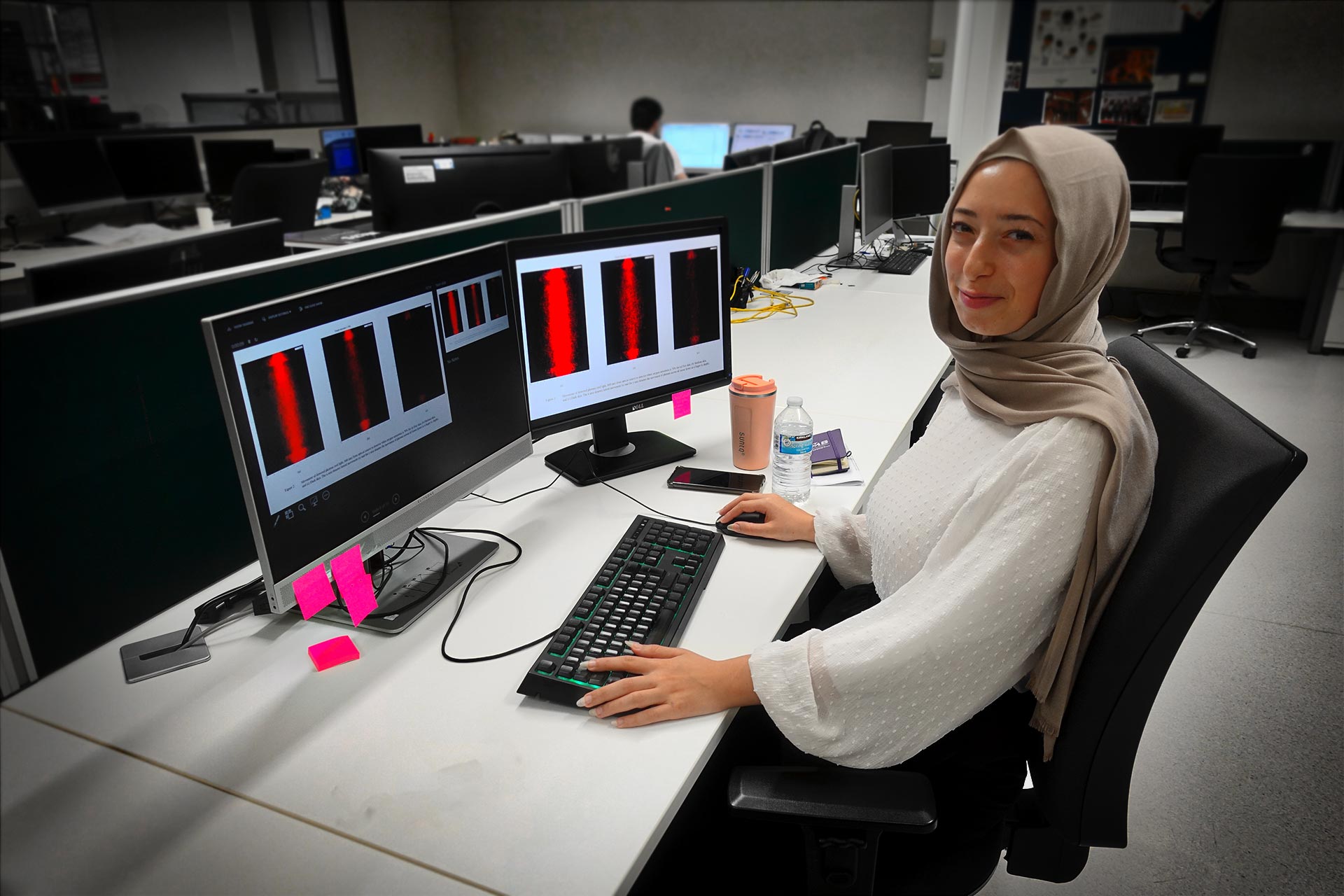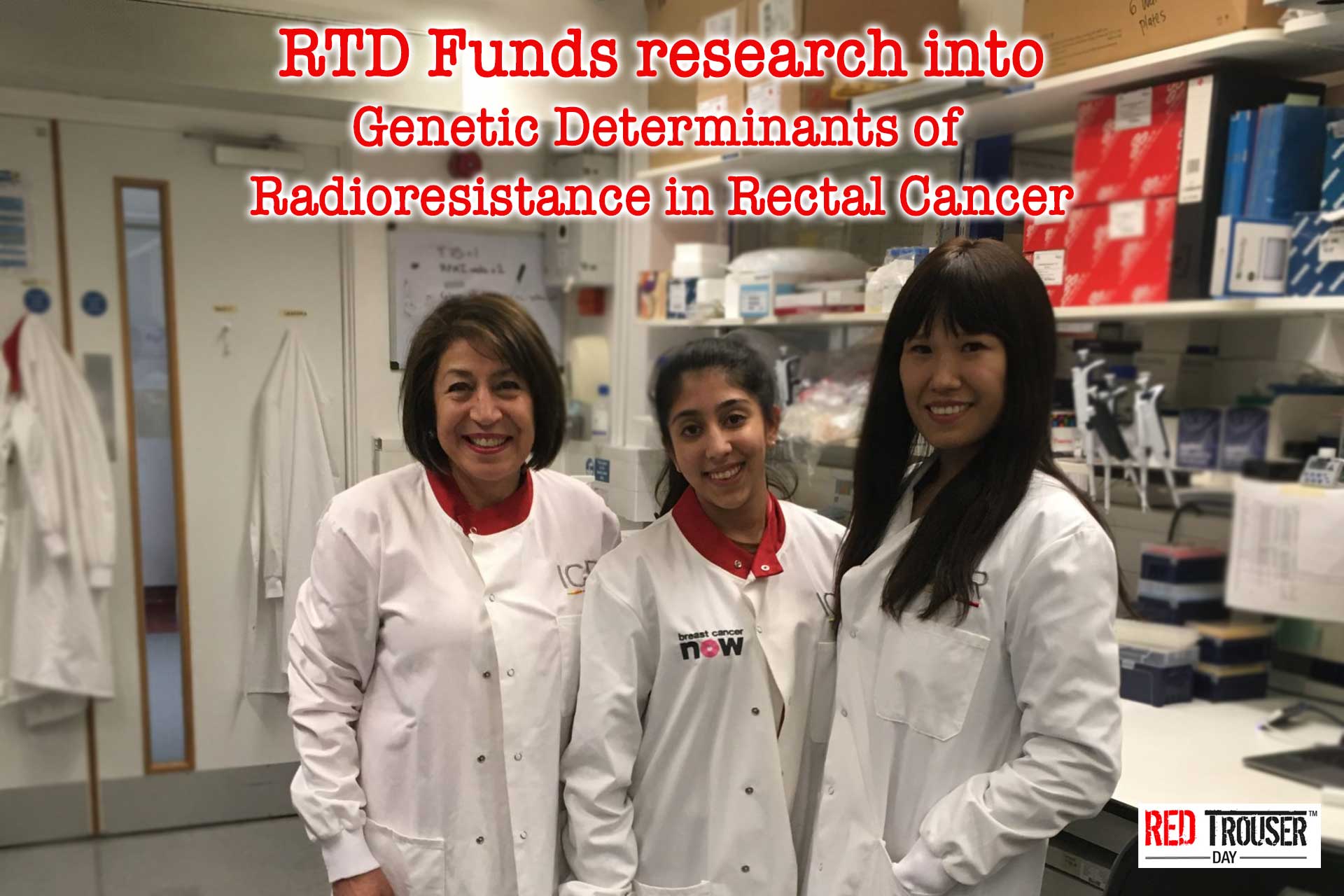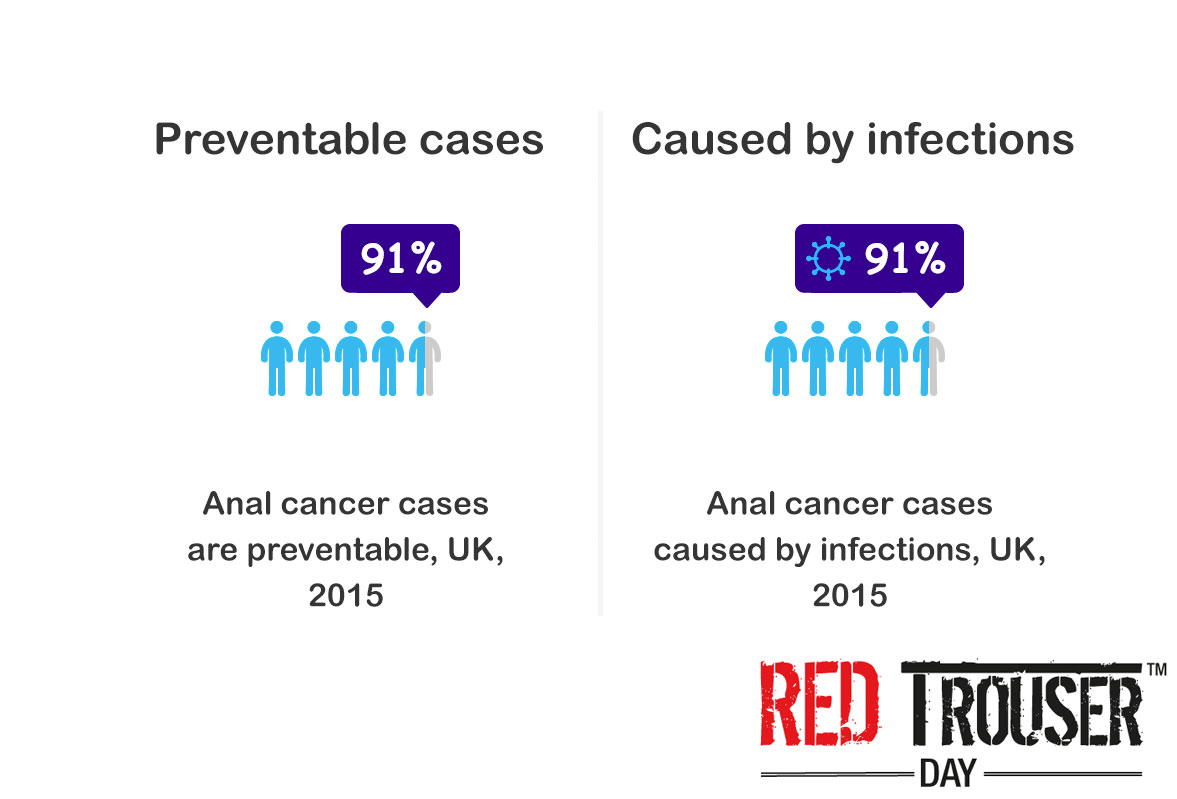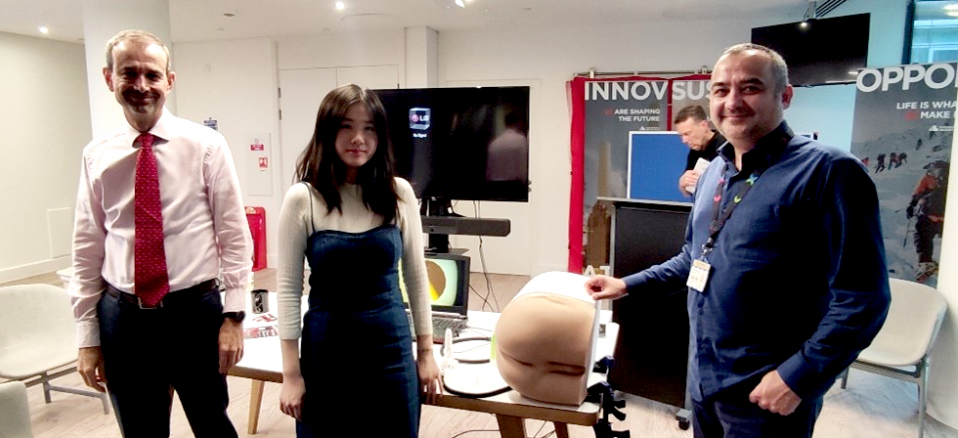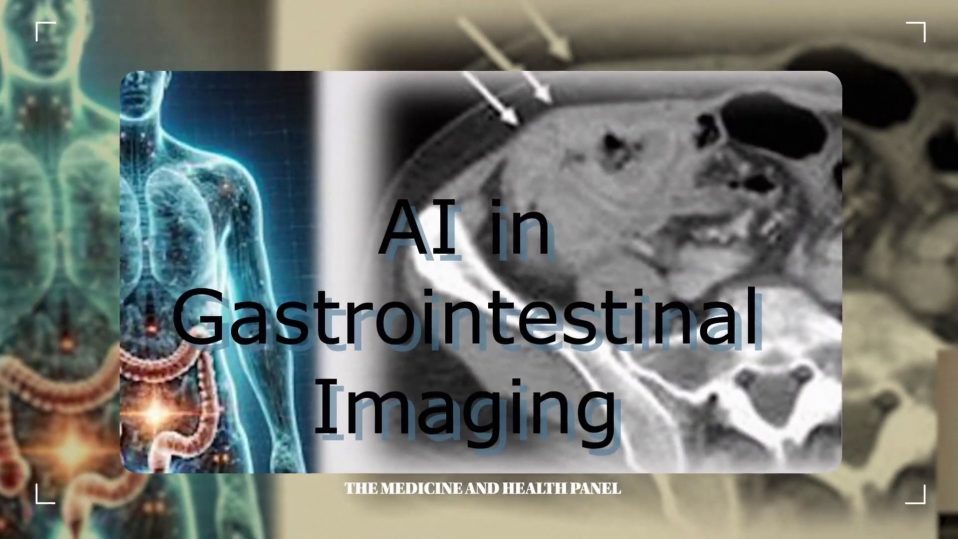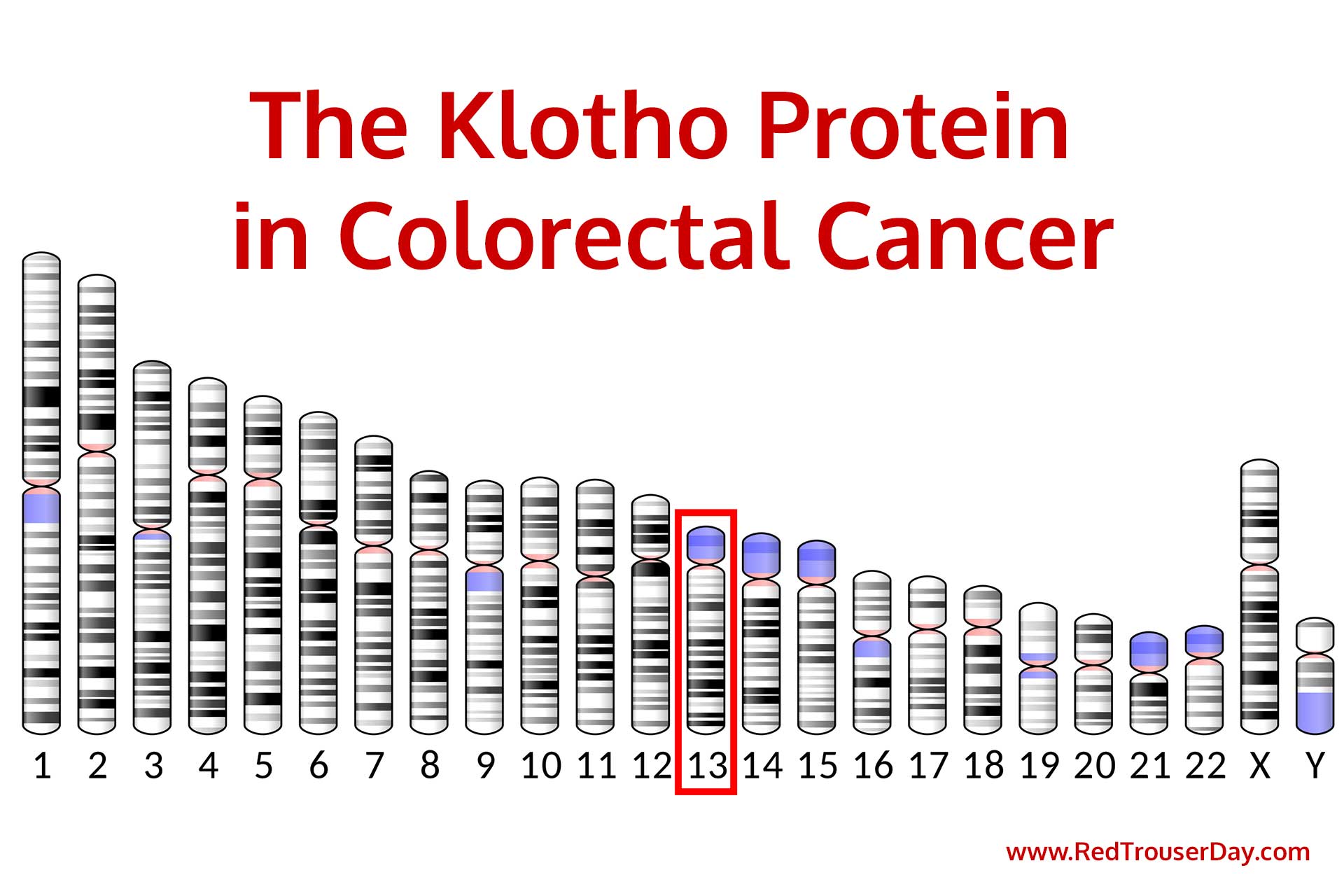
Klotho in Colorectal Cancer; Red Trouser Day Update March 2021
The Klotho protein has been demonstrated to function as a tumour suppressor in many human malignancies including colorectal cancer. As such it is a promising novel therapeutic target for patients with bowel cancer.
Red Trouser Day has funded our research project looking at colorectal cancer tissue from 100 patients in order to identify whether Klotho protein is reduced in cancer tissue compared with normal bowel tissue. This will help us further understand whether the lack of Klotho protein plays a part in the development of bowel cancer and hence whether the innovation of therapies replacing Klotho could help treat bowel cancer. Additionally, we have matched blood samples from the 100 patients to investigate whether we can measure Klotho levels in the blood and consequently use Klotho as a new biomarker- a way to pick up patients with bowel cancer earlier but also target patients that would benefit from this treatment the most.
We have optimised the immunohistochemistry assay using a new antibody that recognises Klotho in tumour tissues after thorough research and discussion with experts in the field including collaborations from the US, Japan and Israel. We are currently analysing the colorectal cancer tissue and identified similar patterns of Klotho protein loss in the cancer tissue versus the normal tissue. Interestingly, apart from the reduced expression of Klotho protein we have also found that Klotho is located in different parts of the cell depending on whether it is cancer or normal tissue (pattern of distribution).
The progress of this study has been limited over the past year by decreased laboratory access during the pandemic according to government advice as well as local health and safety procedures. For example, we have been instructed not to have face to face meetings – given that the immunohistochemistry scoring is undertaken in collaboration with the consultant histopathologist at the same sitting, this has severley delayed our work. Given the success of the vaccination programme at the Marsden and ICR, we are optimistic that the tempo will increase in the next 3 months.
